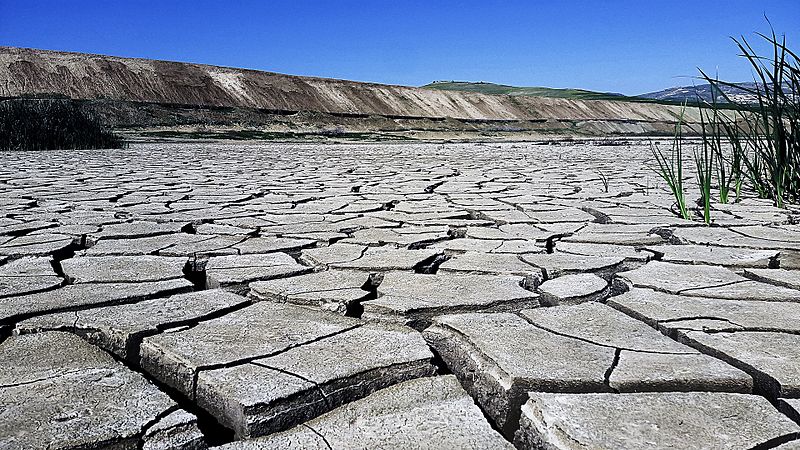Such deadly heat may become regular occurrence later this century, scientists find
The likelihood of the UK experiencing deadly 40C temperatures for the first time is “rapidly accelerating” due to the climate crisis, scientists have found.
The research shows that such searing heat could become a regular occurrence by the end of the century unless carbon emissions are cut to zero. Global heating has already made UK heatwaves 30 times more likely and extreme temperatures led to 3,400 early deaths from 2016-19.
The highest temperature recorded in the UK is 38.7C, set in Cambridge in July 2019, while the summer of 2018 was the joint hottest on record. The new analysis found an increasing risk of even higher temperatures.
Today, a high of 40C is expected once every few centuries. But this would be every 15 years in a medium emissions scenario, in which carbon cuts are made but not enough to meet the 1.5C or 2C limits agreed by nations in the 2015 Paris climate deal. In a worst-case scenario, with emissions continuing the trend of recent decades unchecked, somewhere in the UK would reach 40C every 3.5 years.
The new analysis follows research in 2019 that used the same medium emissions scenario to indicate that by 2050 London will have the same climate that Istanbul has today, Leeds will be like Melbourne, Cardiff like Montevideo in Uruguay, and Edinburgh like Paris. All these foreign cities have already broken 40C.
“The probability of recording 40C, or above, in the UK is now rapidly accelerating,” said the scientists in the study, published in the journal Nature Communications. Its lead author, Nikolaos Christidis, at the Met Office Hadley Centre, said: “The rate of change is remarkable.”
“Last year, we had the record temperature in the UK and [Public Health England] reported spikes in mortality,” Christidis said. “When these kinds of events happen, we have detrimental impacts to our transport infrastructure, agricultural catastrophes and water shortages. We need to reduce our vulnerability to these kinds of impacts.”
Read more: The Guardian





